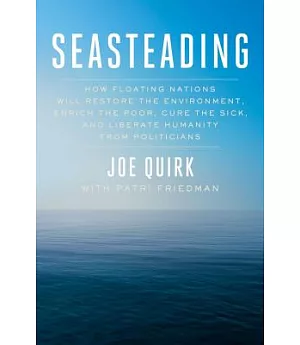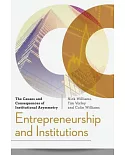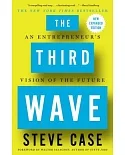A bold vision of the near future: cities built on floating platforms in the ocean, where people will forge their own governments and by living sustainably will solve many of our critical
environmental problems.
Our planet is suffering from serious environmental problems: coastal flooding due to severe storms caused in part by atmospheric pollution, diminishing natural resources such as clean water,
and so on. But while these problems plague Planet Earth, two-thirds of our globe is Planet Ocean. The seas can be home to pioneers, seasteaders, who are willing to homestead the Blue Frontier.
Oil platforms and cruise ships already inhabit the waters; now it’s time to take the next step to full-fledged ocean civilizations. In their fascinating examination of a practical solution to
our earthly problems, Joe Quirk and Patri Friedman profile some of the visionaries who are implementing basic concepts of seasteading: farming the oceans for new sources of nutrition; using the
seas as a new sustainable energy source; establishing more equitable economies; reinventing architecture to accommodate the demands of living on the ocean.
These pioneers include Ricardo Radulovich, an agricultural water scientist who has built prototypes for giant seaweed farms to create new food sources; Neil Sims, a biologist who has invented
new sustainable free-floating fish farms; Lissa Morgenthaler-Jones, a biotechnology entrepreneur investing heavily in algae fuel to replace fossil fuels; Patrick Takahashi, a biochemical
engineer who wants to create floating cities that draw on the oceans as an energy source, and many others. Their research efforts have been supported by organizations like the World Bank, the
Bill and Melinda Gates Foundation, and Lockheed Martin.
An entrepreneur’s dream, these floating cities will become laboratories for innovation and creativity. Seasteading may be visionary, but it already has begun proving the adage that yesterday’s
science fiction is tomorrow’s science fact. Welcome to seavilization.





















